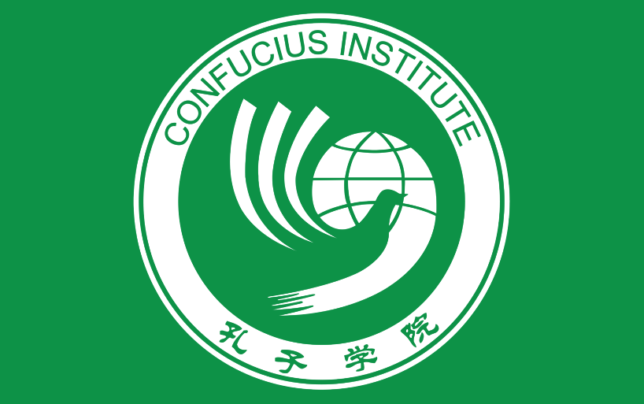Organization Trends
The New Face Behind the Confucius Institutes


Confucius Institutes have been controversial since they first opened in the United States in 2012, provoking massive pushback from the public over their influence in universities. At first glance the backlash seems to have successfully driven these institutes out of public education. Instead, the Confucius Institutes retreated and reorganized into something new.
While only 18 institutes remain on U.S. soil, a far cry from their previous ubiquity, the Confucius Institutes still have a massive worldwide presence. They will likely again attempt to reach America, either directly by rebranding and selling themselves as different entity or subtlety through other ways.
Behind the Mask
Confucius Institutes were controlled by an organization known as Hanban, a group with close ties to China’s central government. This changed in the past year. Confucius Institutes are now under the control of Chinese International Education Foundation (CIEF). CIEF is officially a nongovernmental body. However, this appearance is somewhat undercut since CIEF was founded by public universities and overseen by a government ministry.
CIEF’s current president, Yang Wei, served on an advisory committee to the Politburo of the Chinese Communist Party (CCP). So, while the CIEF is not officially a government entity, the CCP has significant influence over both the organization and some members of its leadership. So much like before the Confucius Institutes, now controlled through the CIEF, will likely continue to defer to the Chinese government and the CCP for their programming and positions on political issues. Even people who are officially not subject to Chinese rules may second guess their decisions to cater to the central government of China—a problem that plagued Confucius Institutes leading to their shutdown across America.
A Worldwide Issue
The Confucius Institutes are largely gone from U.S. soil. Many U.S. colleges have either removed the Chinese language program or decided to simply make it their own. This was done for various reasons, especially the political toxicity surrounding these institutes.
However, Confucius Institutes are still present all over the world and have an increasing presence in Africa. This global presence is crucial to understanding the greater influence China tries to exert on the world at large. Often, the struggle between China and the U.S. is portrayed as a new Cold War, but this framing is problematic in some areas. However, that framing succeeds in getting across the important point that the struggle between the two countries is worldwide, involving nearly every region of the world.
We should expect to see the Confucius Institutes try to return to the United States as some point, likely using the new management as a reason to present themselves as new institutes—something different than they once were. Alternatively, China will attempt to influence the U.S. in other ways. A more recent attempt has seemingly been the purchase of farmlands near U.S. military bases. Whatever a strategies China employs, the Confucius Institutes should be forgotten or ignored.



